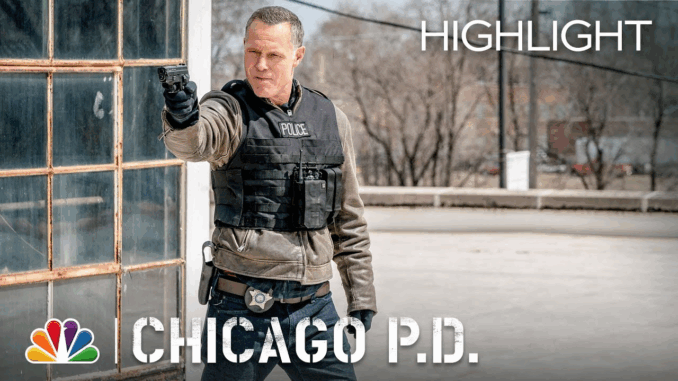
Voight’s journey began with a clear premise: he gets results, no matter the cost. His early days were defined by his brutal tactics, his willingness to intimidate, and his infamous “Voight’s Way” of justice. This approach, while often effective in putting criminals behind bars, frequently blurred the lines between cop and criminal, leading to internal investigations, suspension, and constant tension with his superiors. His personal losses, particularly the death of his son Justin, served as a painful backdrop, explaining, though not excusing, his hardened exterior and his often-merciless approach to those who harm the innocent.
However, over the seasons, a subtle evolution has taken place. While still retaining his signature intensity, Voight has shown glimmers of vulnerability and a deeper, albeit twisted, sense of morality. His paternal instincts towards his unit, particularly Erin Lindsay and Hailey Upton, revealed a capacity for fierce loyalty and a desire to protect those he cares about from the same darkness he inhabits. He has, at times, expressed remorse for past actions, or at least acknowledged the heavy toll his methods take. His efforts to work within the system, even grudgingly, indicate a growing, if limited, willingness to adapt.

Yet, every step towards conventional policing is often met with a relapse into his old ways. His reliance on intimidation, his deep-seated distrust of due process for truly heinous criminals, and his readiness to employ extra-legal means remain core to his character. This constant oscillation between the light and the dark is what makes him so captivating but also raises the question of true redemption. Can a man who has committed so many morally dubious acts ever truly be “redeemed” in the traditional sense?
Hank Voight’s narrative is a relentless exploration of justice, morality, and the price of fighting evil with questionable methods. He exists in a perpetual state of ethical limbo, a necessary evil for a city plagued by crime. Whether he ever finds true redemption is debatable, but his enduring presence on Chicago P.D. ensures that the conversation about what constitutes “justice” in a broken world will continue to be fiercely debated. He remains a character forever trapped, and perhaps thriving, in the grey.
